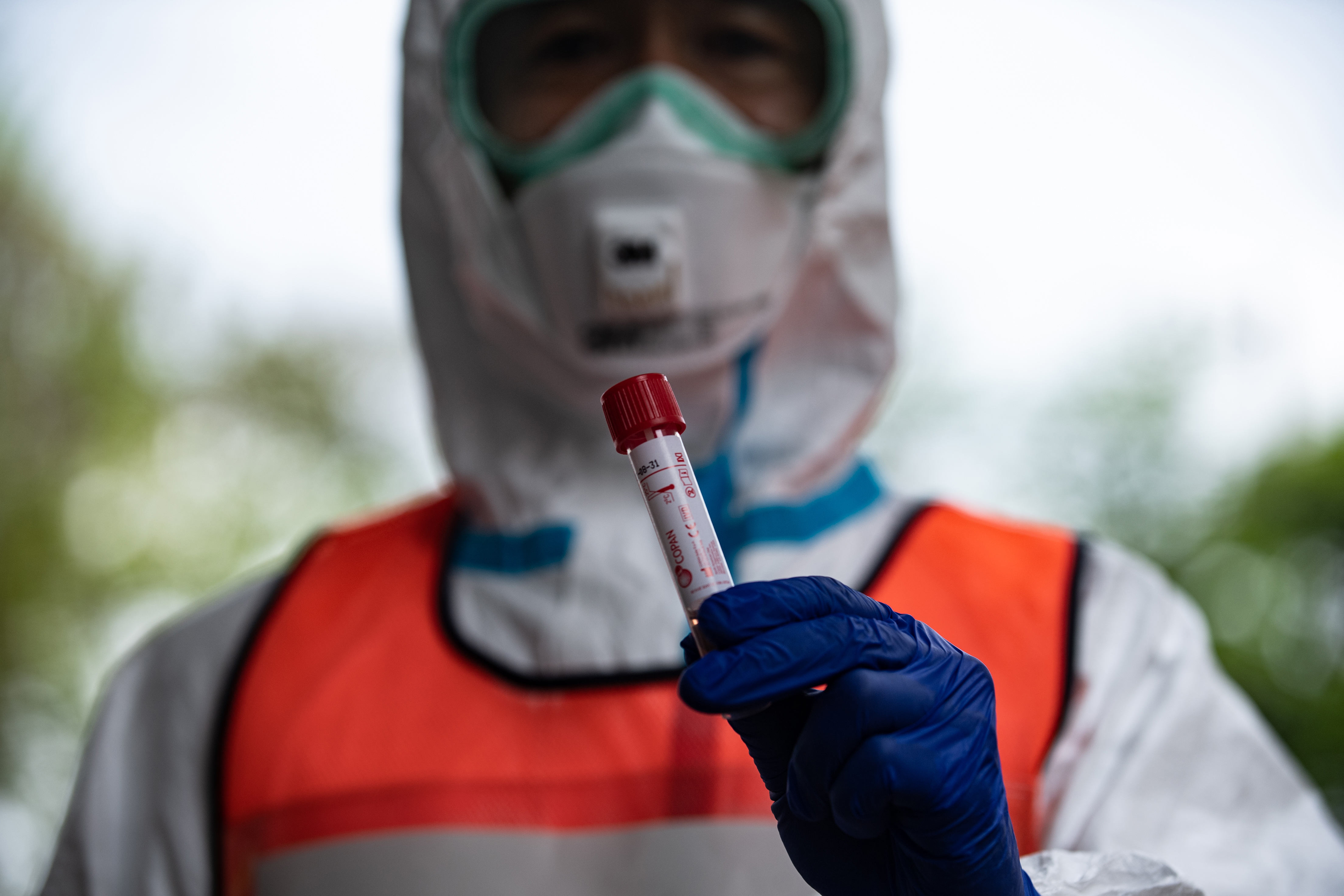There's a lot of confusion surrounding possible coronavirus reinfections and immunity


A free daily email with the biggest news stories of the day – and the best features from TheWeek.com
You are now subscribed
Your newsletter sign-up was successful
The World Health Organization set off some alarm bells this weekend when the agency warned against issuing coronavirus "immunity passports" because there's no evidence to suggest people are protected from second infections. Some people weren't so sure, even dismissing reports on the announcement as fear-mongering.
But the confusion may stem from a lack of context in reports about coronavirus reinfection or reactivation in presumably recovered patients coming out China and South Korea. For starters, there's the possibility of false negative test results, which could register as positives at a later date. It's also not always known if the patients testing positive again are showing new symptoms.
But even if those caveats are ignored, some experts simply pointed out that an announcement like the one the WHO made doesn't mean the opposite outcome is automatically true.
The Week
Escape your echo chamber. Get the facts behind the news, plus analysis from multiple perspectives.

Sign up for The Week's Free Newsletters
From our morning news briefing to a weekly Good News Newsletter, get the best of The Week delivered directly to your inbox.
From our morning news briefing to a weekly Good News Newsletter, get the best of The Week delivered directly to your inbox.
The WHO itself later clarified its statement on these grounds. Tim O'Donnell
A free daily email with the biggest news stories of the day – and the best features from TheWeek.com
Tim is a staff writer at The Week and has contributed to Bedford and Bowery and The New York Transatlantic. He is a graduate of Occidental College and NYU's journalism school. Tim enjoys writing about baseball, Europe, and extinct megafauna. He lives in New York City.
